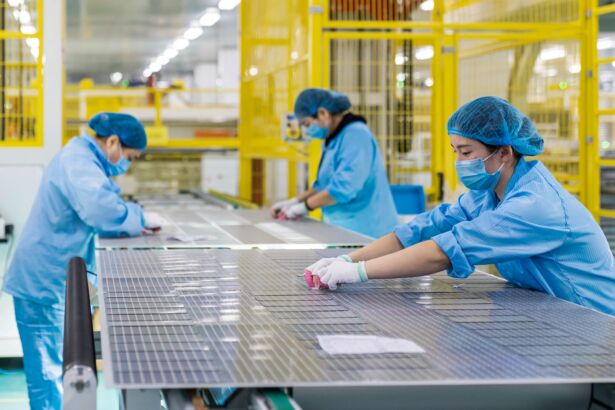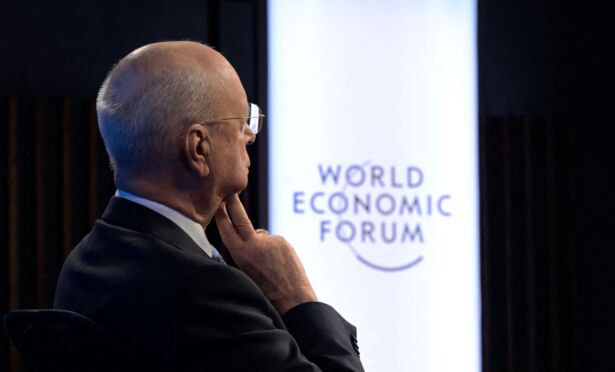President Joe Biden kept his promise to veto legislation reversing his temporary suspension of tariffs on some solar panels from China.
“Passage of this resolution bets against American innovation. It would undermine these efforts and create deep uncertainty for American businesses and workers in the solar industry,” Biden wrote in a May 16 message to the House.
The president promised to veto the measure several weeks ago.
The bill, a joint resolution of disapproval, received bipartisan support in both the House and the Senate.
It targets a rule from the Commerce Department in September 2022.
Earlier that year, the commander-in-chief had declared an emergency over what he claimed was an urgent need for additional solar panels.
The Commerce Department’s rule specified that tariffs would be suspended for 24 months on panels made in China that undergo final assembly in Cambodia, Vietnam, Thailand, and Malaysia.
It came during an investigation by the Commerce Department into alleged tariff evasion by companies that manufacture solar cells and other components in China.

In a preliminary determination last December, the Commerce Department found that four firms with operations in China “are attempting to bypass U.S. duties by doing minor processing in one of the Southeast Asian countries before shipping to the United States.”
In his veto message, Biden said he won’t extend the tariff suspension. He argued that it is part of a multi-pronged strategy to stimulate the domestic solar power industry, including new solar panel factories.
A Korean firm in January announced its intentions to site production in Georgia, promising over $2.5 billion in spending in the United States.
The U.S. solar forecast may not be so sunny for other players.
Just days ago, federal agents raided Florida and California facilities of China’s Jinko Solar Holdings Co., Ltd.
“The Department of Commerce’s rule supports American businesses and workers in the solar industry and helps provide sufficient, clean, and reliable electricity to American families, while continuing to hold our trading partners accountable,” Biden’s veto message reads.
“The rule implements a temporary, 24-month bridge to make sure that when these new factories are operational, we have a thriving solar installation industry ready to deploy American-made solar products to homes, businesses, and communities across the Nation,” it continues.
The House and Senate would both need two-thirds majorities to overcome the president’s veto.
Biden Vetoes Preserve Agenda on Energy, Environment
The veto is just the third of Biden’s presidency, which began under a fully Democrat-controlled Congress.
After the midterm elections, the legislative branch split between the Republican-run House, now targeting the Biden family’s alleged ties to Chinese money, and the narrowly Democratic Senate, where Senate Majority Leader Chuck Schumer (D-N.Y.) has proven to be a solid ally of the president despite some recent failures to unify his caucus.
“Whether there’s a two-year [tariff] extension or not, the chip manufacturing and battery manufacturing is flocking to the United States,” Schumer told NTD’s Melina Wisecup in comments before his chamber’s May 3 vote on the bill. It passed 51 to 41, with 12 Democrats joining their Republican colleagues in support of the resolution.
Biden’s first and second vetoes were also aimed at joint resolutions disapproving of moves he’s made that bear on energy and the environment.
Environmental, social, and governance (ESG) investing—a major concern for many Republicans and opponents of Davos-style stakeholder capitalism—sparked bipartisan legislation earlier this year, after Biden’s Department of Labor acted to let pension fund managers consider ESG.

Biden vetoed that measure in March.
Just weeks later, the president’s second veto maintained his new Waters of the United States (WOTUS) rule.
That’s a win for many environmental groups that want a broader WOTUS definition to limit development on a wider range of water bodies—but many farmers, ranchers, and other large landowners worry that the rule amounts to government overreach.
From The Epoch Times
